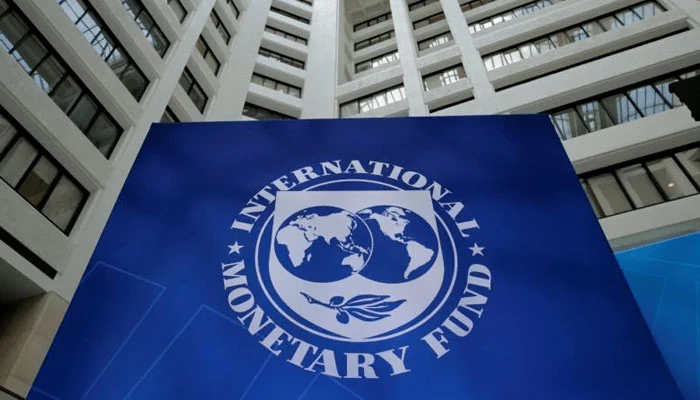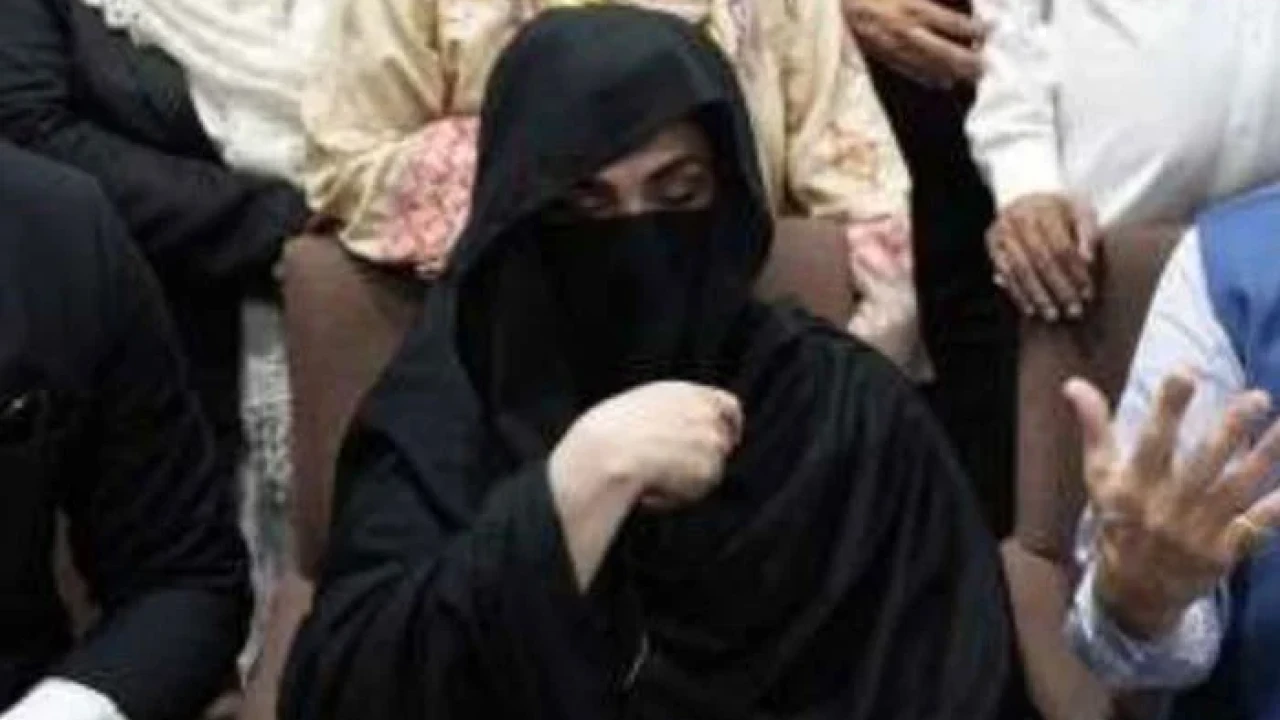The International Monetary Fund (IMF) has raised concerns about Pakistan’s fiscal framework for the upcoming fiscal year 2023-24, emphasizing the need for unwavering commitment to economic stability. The IMF has also requested detailed information regarding tax revenue collection, specifically how the set budget target of 90.4 billion rupees will be achieved and what additional revenue measures may be considered during future negotiations.
Pakistan’s ongoing discussions with the IMF are part of a mission to strengthen its economic position, and the talks began on Thursday at the Ministry of Finance. Both delegations will engage in technical-level discussions from November 2 to November 10, 2023, followed by policy-level talks from November 13 to November 16.
In the initial round of technical discussions, Pakistan’s Finance Minister, Dr. Shamsad Akhtar, presented an overview of the country’s economic landscape and introduced a reform agenda under the Fund program to implement economic reforms. She also provided a progress report under the Stand-By Arrangement (SBA) and briefed the delegation on government initiatives to enhance the national economy. Dr. Akhtar emphasized that Pakistan is determined to implement these measures under the SBA.
A senior official revealed that the IMF has taken Pakistan’s viewpoint into careful consideration, allowing the IMF delegation to understand Pakistan’s stance better. The delegation sought the clarification it needed from the Pakistani authorities.
Moving forward, high-level policy-level discussions scheduled for next week will see the IMF presenting a Memorandum of Economic and Financial Policies (MEFP) to finalize the policy proposals. Should an agreement be reached at the staff level between Pakistan and the IMF, Islamabad could potentially receive financial assistance of $700 million under the Fund’s program.
During the discussions on November 2, the Finance Ministry’s issued statement disclosed that Finance Minister Dr. Shamsad Akhtar met with IMF Mission Chief Nath Porterk at the Ministry of Finance. The delegation in attendance included Ms. Ishtiaq Ahmed, the IMF’s Resident Representative, Jamil Ahmed, the State Bank Governor, and other senior officials from the Finance Division and the IMF team.
In the meeting, Dr. Shamsad Akhtar welcomed the IMF mission and briefed them on the overall economic situation, providing details about the progress of government measures to improve the national economy. She acknowledged the importance of continued efforts to maintain the economic path towards stability and prosperity.
Dr. Shamsad Akhtar also highlighted the significance of comprehensive reforms and the resolution of matters related to the International Monetary Fund (IMF) and the IMF program. She expressed that the government of Pakistan remains committed to working in harmony with the IMF to achieve the successful completion of the Stand-By Arrangement (SBA), ensuring the attainment of economic objectives.
The mission chief for the IMF, Nath Porterk, commended the government’s determination to advance economic reforms. He praised Pakistan’s commitment and highlighted the necessity of remaining on the path to economic stability. Porterk also encouraged the Government of Pakistan to continue the efforts and cooperation required to ensure the successful conclusion of the Stand-By Arrangement, allowing the economic goals to be met.
Furthermore, it is essential to recognize that these discussions and negotiations are pivotal in shaping Pakistan’s economic direction for the upcoming fiscal year. The IMF’s inquiries regarding tax revenue collection, alongside ongoing policy-level talks, signify a concerted effort to bolster Pakistan’s economic framework and secure its financial stability.
While the talks with the IMF are ongoing, the outcome of these negotiations will have far-reaching consequences for Pakistan’s economy. The success of the Stand-By Arrangement and the policy measures that may emerge from these discussions will significantly influence the country’s economic prospects in the coming year and beyond.



